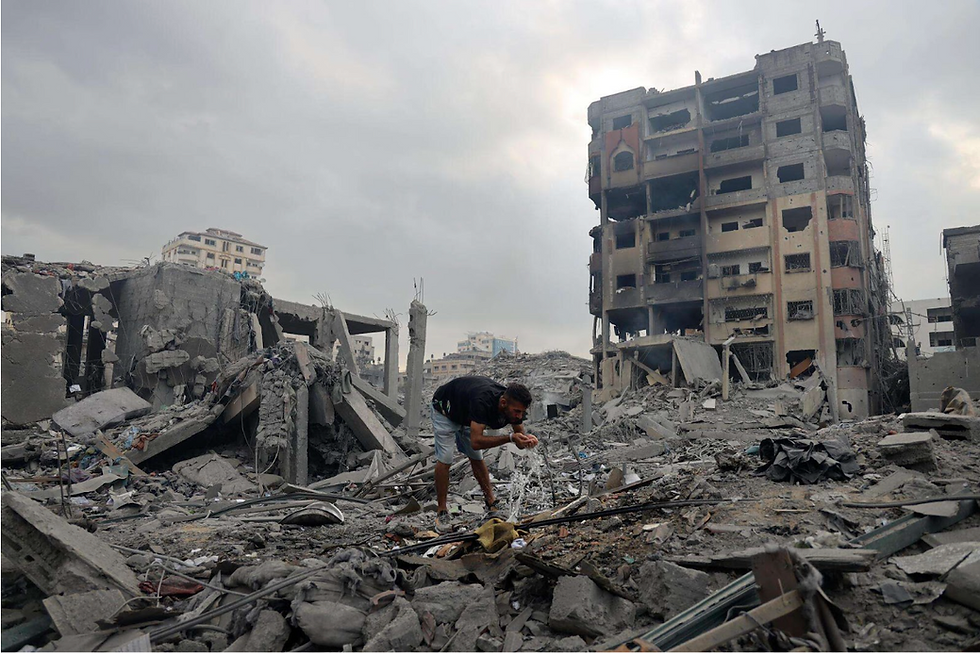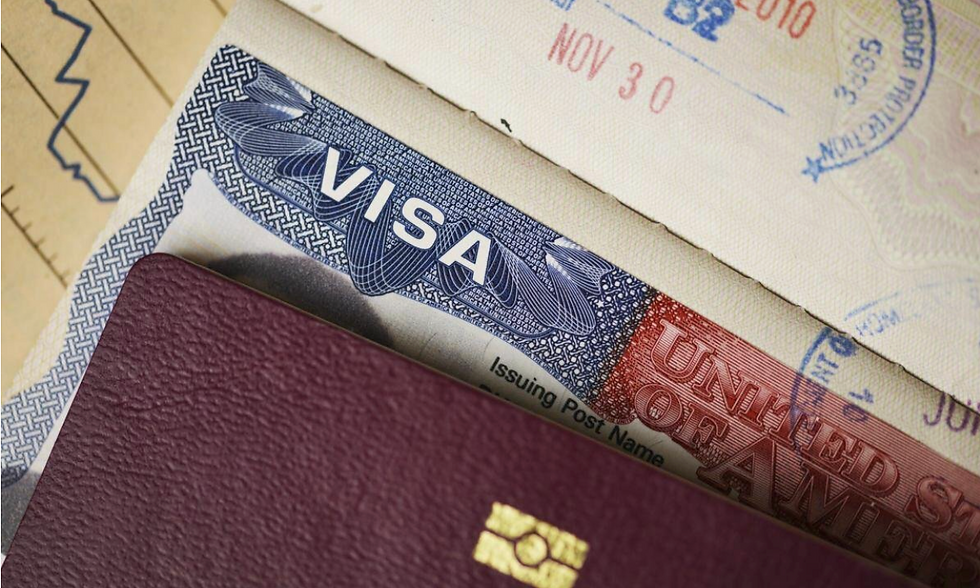What in the world? Current Events News Update!
- Ava Harris

- Sep 1, 2025
- 4 min read
It’s cool to stay informed! Here are some important headlines from the month of August 2025 that you may have missed;
This month in Geopolitics: Alaska Summit Mess & Stalled Peace Talks
The slip that exposed more than just careless printing.
On August 15, President Trump and President Putin met in Anchorage, Alaska, in a summit that ended without any clear agreement. Trump subsequently suggested that peace hinged on Ukraine conceding territory to the Russian opposition ( The Guardian), but what followed was no diplomatic triumph. Additionally, eight pages of State Department documents– including meeting agendas, personal phone numbers, seating charts, and other pieces of classified information– were discovered in a hotel printer at the Hotel Captain Cook. (TheWrap, The Daily Beast).
This was not just a simple oversight. As national security expert Jon Michaels stated: “You just don’t leave things in printers. It’s that simple,” and calling it “further evidence of the sloppiness and the incompetence of the administration” (TheWrap, The Daily Beast).

Meanwhile, peace talks between Russia and Ukraine have come to a halt. Trump pushed for an expedited deal, backtracking from his own previous call for a ceasefire– declaring that such agreements “oftentimes do not hold up”–and appeared willing to support the relinquishment of Donbas (a region in Ukraine rich with natural resources) to Russia, so as to secure a frozen frontline. In contrast, the Washington Post opined that these talks might actually be amplifying the war, not ending it. Putin’s concessions were superficial, and his demand for full Ukrainian withdrawals and curbs on NATO-backed defense left any talks of “peace” shallow and turbulent (The Washington Post).
Voices from the field:
U.S. Special Envoy Keith Kellogg insists officials are working “very, very hard” toward ending the conflict, although a Putin–Zelensky summit remains elusive (AP News).
Zelensky, on Ukraine’s Independence Day, vowed to “push Russia to peace,” as 146 prisoners were exchanged- a rare diplomatic victory amidst perpetuated Russian aggression (The Guardian).
On August 25th, Zelensky announced he had discussed escalating pressure on Russia in talks with Kellogg, emphasizing Ukraine’s willingness to engage at the leadership level and the U.S.’ commitment to long-term security collaboration and drone development (Reuters).
Gaza Update: Israel’s Push into Gaza City & New Hostage Talks
Weaving between military ambition and hostage diplomacy, Israel’s strategy in Gaza remains increasingly dual.
Israeli Prime Minister Benjamin Netanyahu has authorized a full-scale operation on the part of the IDF to seize Gaza City; an offensive expected to uproot hundreds of thousands of civilians. Yet, almost paradoxically, he also announced that Israel will launch immediate negotiations to secure the release of all hostages: “begin immediate negotiations for the release of all our hostages and an end to the war on terms acceptable to Israel.” Behind the optics, familial anguish and political urgency converge as Israel weighs ferocity and diplomacy in equal measure, even as conditions for captives reportedly deteriorate dramatically (The Guardian, Reuters).

Gaza’s Hunger Emergency: Famine Declared, Lives Hanging by a Thread
Gaza is in the grip of an officially declared famine, the first time the Integrated Food Security Phase Classification (IPC) has issued such a dire warning in the Middle East. In Gaza City and its surrounding areas, conditions have reached IPC Phase 5, a catastrophic level where starvation, acute malnutrition, and starvation-related deaths have become alarmingly widespread.
UN agencies confirm that over half a million people are trapped in famine, with projections suggesting this could expand across the entire Strip by early fall. Nearly one in three people in Gaza may soon face catastrophic food insecurity, while the remainder grapple with emergency and crisis levels of hunger
The collapse of agricultural systems, destruction of food infrastructure, tight blockades, and repeated displacement have decimated local food supplies. More than 39% of Gazans–over a third–are going days without a single bite to eat.
UNICEF Executive Director Catherine Russell called debates over data accuracy “kind of obscene” in the face of children dying from hunger, urging Israel to allow press and aid access to validate and address the crisis. Meanwhile, alarming projections warn that over 130,000 children under five could die from acute malnutrition by mid-2026 unless humanitarian corridors are opened without delay

Domestic Flashpoints: Trump Vs. Smithsonian, PragerU, Student Visa Freeze
Culture wars unleashed. Trump has declared the Smithsonian exhibits too bleak— “nothing about success, nothing about brightness, nothing about the future”–and urged the institution to pivot toward a sunnier historical narrative. Simultaneously, his administration has collaborated with conservative outlet PragerU to develop educational content with the intention of implementing this media into public education. Historians lambast the move as ideological distortion cloaked under an emphasis on bettering public schooling, accusing the effort of “whitewashing of history under the guise of making white children feel better about themselves.”

Borders tightening
Embassies have paused new student visa appointments, creating a chill in academic migration that could reshape global education access and America’s soft power reach.
In late May 2025, the U.S. State Department issued a sweeping directive—embassies and consulates worldwide were instructed to pause scheduling new F-, M-, and J-visa interviews for international students and exchange visitors. This suspension was tied to plans for more expansive social media vetting, leaving countless applicants stranded with blank appointment calendars stretching into the fall semester. By mid-June, the freeze was formally lifted, but not without strings. Applicants must now set their social media profiles to public settings and grant consular officers full access to scrutinize their online presence. Any refusal to comply may jeopardize visa approval.
The fallout has disrupted university planning worldwide. Thousands of students–especially from countries like India and China–are unable to commence their fall 2025 studies, leaving colleges facing revenue shortfalls (potentially exceeding $2.6 billion) and compelling some institutions to develop contingency plans abroad or online. Lawmakers have condemned the policy as “reckless,” warning it undermines America’s global competitiveness.
As this clampdown continues, education analysts and universities alike fear lasting damage–not just to American campuses and budgets, but to the nation’s standing in the global academic community. This decision marks a significant development in America’s increasingly isolationist foreign policy.




Comments